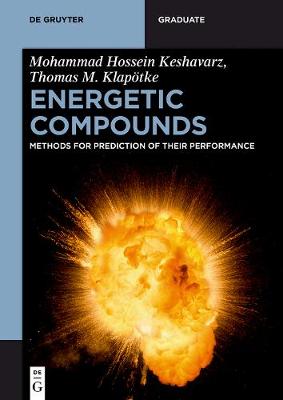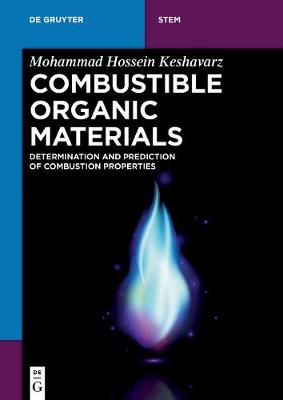De Gruyter STEM
2 total works
Since the synthesis and development of new energetic materials require identification of promising candidates for additional study and elimination of poor candidates from further consideration, it is important for engineers, scientists and industries to assess the performance of the new compounds for reducing costs associated with synthesis, testing and evaluation of these materials. Nowadays different approaches have been used to predict the performance of energetic compounds, which can be recognized to be cost-effective, environmentally-desirable and time-saving capabilities. This book reviews different methods for the assessment of the performance of an energetic compound through its heat of detonation, detonation pressure, detonation velocity, detonation temperature, Gurney energy and power (strength). The book also focuses on the detonation pressure and detonation velocity of non-ideal aluminized energetic compounds. Simple and reliable methods are demonstrated in detail where they can be easily used for the design, synthesis and development of novel energetic compounds.
The combustion properties of organic materials are used to assess their safety specifications. This knowledge is necessary to avoid potentially disastrous fires. The experimental determination of the combustion properties of a new organic compound is laborious and sometimes even impossible. This book describes methods for the determination and prediction of the combustion properties of organic compounds, along with some examples and exercises.

